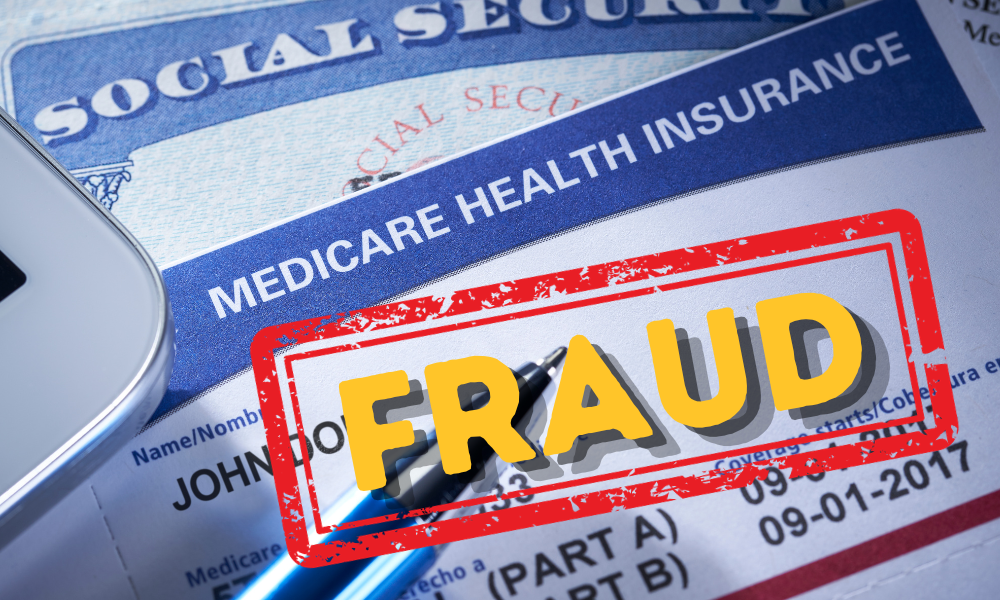Home health care fraud involves home health agencies and individual fraudsters billing for services that were not provided or not medically necessary, which negatively impacts seniors and our health care system.
According to Social Science & Medicine, home health care fraud has been rapidly increasing since the early 2000s. Medicare Parts A and B cover intermittent or short-term home health services, but there are requirements that must be met in order to receive payment.
To be eligible for home health care coverage from Medicare:
- Your doctor must determine it is medically necessary for you to receive in-home skilled care services, such as nurse aide visits or physical therapy.
- Your condition must be expected to improve or require skilled therapy to prevent further decline.
- You must be considered “homebound,” which means you aren’t able to leave your home without assistance or major effort, or it is dangerous due to your condition.
When agencies or individuals bill for services without these conditions being met, they are cheating the Medicare system.
Home health care fraud results in huge dollar losses each year, which the Federal Bureau of Investigation (FBI) says contributes to rising health insurance premiums, tax increases, and unnecessary medical procedures that can result in out-of-pocket costs for the individual.
Home health fraud can also complicate an individual’s medical history if a fake illness is put on their record. To mitigate harm to the system and individuals alike, it’s important for Medicare beneficiaries to know how to avoid falling for this type of scam.
- Don’t accept home health services that were prescribed by a doctor you don’t know.
- Don’t accept an offer for free rides or groceries in exchange for receiving your Medicare number.
- Don’t pay a copayment for home health services.
- Don’t accept gifts from a home health agency you don’t work with in exchange for switching to their services.
- Don’t sign forms that say services were provided when you didn’t receive those specific services. Check your Explanation of Benefits or Medicare Summary Notice to ensure the services you received match the services billed.
- Don’t accept cash or gift cards in exchange for going along with the scam.
- Don’t take the word of someone who comes to your door claiming they are able to provide housekeeping or medication services. Housekeeping and medication services are only covered for Medicare patients who receive therapy services.
- Don’t accept an offer to receive round-the-clock care that is covered by Medicare. Only part-time home health care is covered.
Your physician, your Medicare Summary Notice, and your Explanation of Benefits are your best line of defense to protect you from home health fraud schemes. Always be sure that services are prescribed by your doctor and that the services billed match the services you received.
If you have questions about home health fraud, Senior Medicare Patrol has professionals who can help you protect yourself from fraud, errors, and abuse. To locate your state Senior Medicare Patrol (SMP), visit, www.smpresource.org or call 1-877-808-2468.You can also report fraud to the Office of Inspector General (OIG) at www.oig.hhs.gov/fraud/report-fraud, or you can call 1-800-Medicare (1-800-633-4227).


